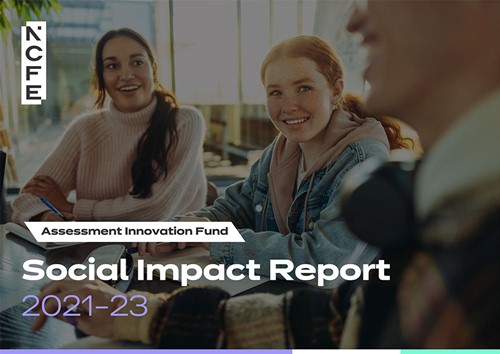Christmas office closure
Our office will be closing for the Christmas period from Wednesday, 24 December 12:00pm, the office will be reopening on Friday, 2 January at 08:30am. We will respond to any emails or calls we receive from you during this period as soon as possible upon our return.
Progress on restoration of services
For an update on our progress restoring our services, FAQs and how to access support while the Portal is unavailable, visit our service continuity webpage.



